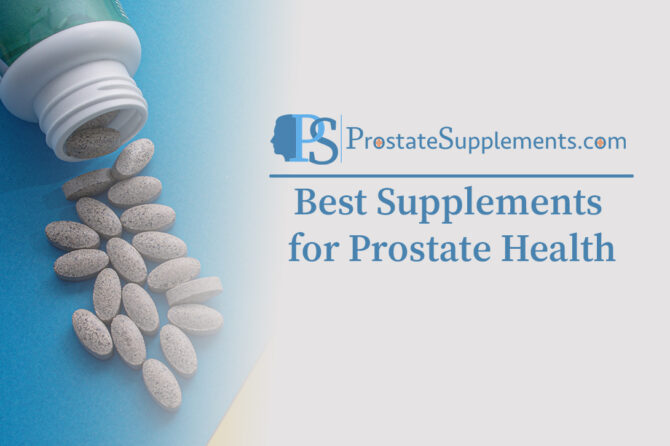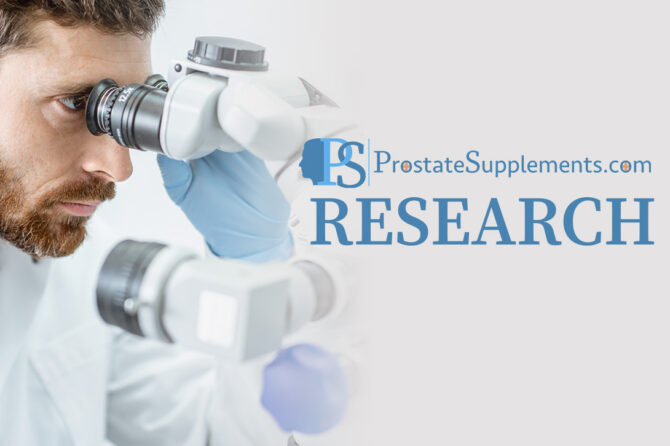
Ornithine α-Ketoglutarate (OKG) and Prostate Health
Abstract Ornithine α-ketoglutarate (OKG) is a salt composed of two molecules of the amino acid L-ornithine and one molecule of α-ketoglutarate (AKG). It has been studied for decades in clinical nutrition for its roles in nitrogen handling, wound healing, and recovery from catabolic stress. Because ornithine participates in the urea cycle and serves as a
Read more


